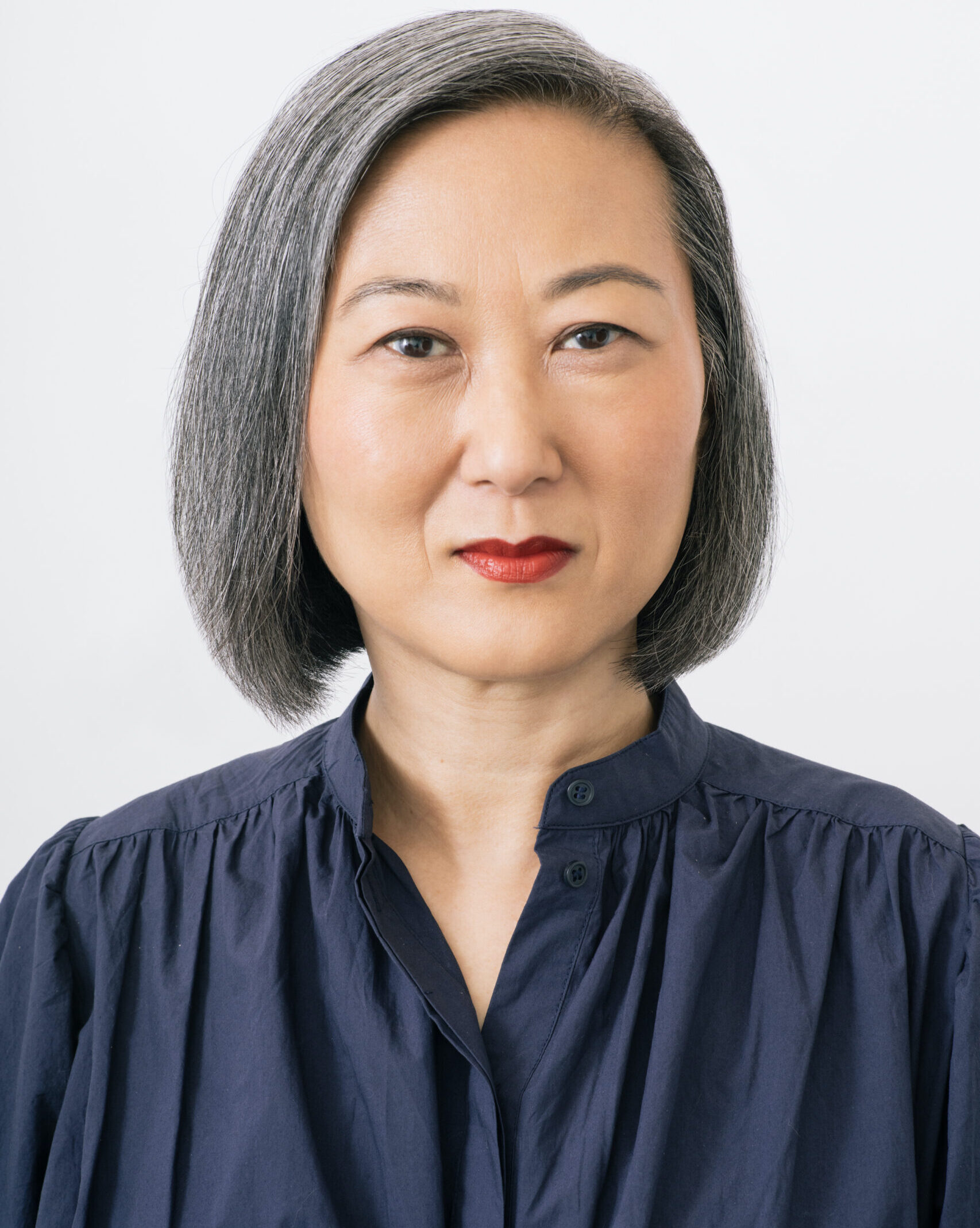Julie Park
Mailroom: 430 Burrowes Building

Education
Professional Bio
Julie Park is a scholar of eighteenth-century England working at the crossroads of literary studies, material and visual culture, and textual materiality. The author and editor of several books, collections, essays and articles, and recipient of many fellowship awards, her scholarship reveals the unexpected ways in which human subjects are inseparable from the material things, environments and devices of daily life in historical contexts. In researching such historical artifacts and spaces as automata, quill pens, notebooks and grottoes, she explores their ability to shape, channel and model the innermost experiences of the embodied self in everyday life.
Before her role at Penn State as Paterno Family Librarian for Literature and Professor of English, she held faculty positions at McMaster University (where she was an award-winning editor of Eighteenth-Century Fiction), Vassar College, and New York University.
Her recently published monograph, My Dark Room (University of Chicago Press, 2023), examines the spaces of inner life in eighteenth-century England. It posits the camera obscura as a paradigm for understanding how spatial environments of daily life, from grottoes, writing closets, country houses and landscape follies to detachable pockets, served as interactive media for the experience of interiority. She is also the author of The Self and It (Stanford University Press, 2010). The editor of several collections, her most recent ones include the special issue Getting Perspective (2021) for Word and Image and the co-edited Organic Supplements: Bodies and Things of the Natural World, 1580-1790 (UVA Press, 2020). She is now co-editing with Adam Smyth Extra Extra!, a collection on the material history of the visually altered book.
Her current book project, Writing’s Maker, draws on work in archives and special collections to examine the materiality of self-inscription formats (commonplace books, pocket diaries, extra-illustrated books and penmanship copy books) as intermedial channels of documenting, making, and marking the lives of writers in the long eighteenth century. An excerpt from the book on the graphic design of the 18th-century commonplace book as a form of life writing will be appearing in The Manuscript Book, a special issue of Eighteenth-Century Life.
Other recent publications include essays and articles on the 18th-century English optical illusion device known as the zograscope and novelistic depth (Getting Perspective, special issue of Word and Image), the 18th-century speaking machines and the creation of artificial voice (AI Narratives, Oxford University Press), the extra-illustration of eighteenth-century printed books as heritage reenactment (Routledge Handbook of Reenactment Studies), sexual prostheses as instruments of libertine writing technology (Journal of Narrative Theory), and the architectural structure of the cottage as a figure and space for imagined realities in eighteenth-century England’s landscapes of enclosure (At Home in the Eighteenth Century).
Her external research awards include long-term fellowships at the Folger Shakespeare Library, Huntington Library, and Clark Library-UCLA Center for 17th- and 18th-Century Studies, and major grants from the Howard Foundation, and Social Sciences and Humanities Research Council of Canada. Other awards include short-term fellowships from the Houghton Library, the Paul Mellon Centre of British Art, the Bibliographical Society of America, the Bodleian Library, the Getty Research Institute Library, the Lewis Walpole Library of Yale University, and Dumbarton Oaks.
She has lectured widely as a guest or keynote speaker at such institutions as the Freie Universität Berlin, University of Sydney, Radcliffe Institute for Advanced Study at Harvard University, University of Edinburgh, Center for Book Arts of New York City, and Columbia University
An active member of the Bibliographical Society of America, Professor Park serves on its publications committee as well as the advisory board for its journal, The Papers of the Bibliographical Society of America.
Exhibitions she has curated include The Interactive Book and Portable Devices at the Special Collections Center of New York University Libraries.